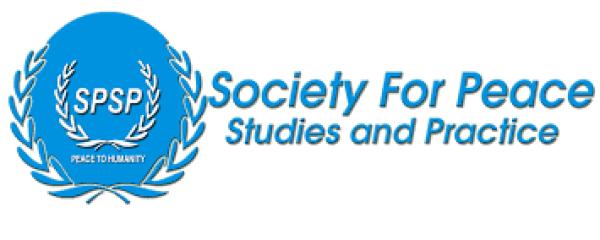
The Federal Ministry of Health and Social Welfare has warned Nigerians to avoid consuming too much salt following a viral video in which Pastor Chris Oyakhilome encouraged increased salt intake.
Oyakhilome, president and founder of Loveworld Incorporated (Christ Embassy), claimed in the video that Africans are intentionally discouraged from using salt to promote sales of sodium-based medications.
Reacting to the cleric’s claims, the ministry’s Deputy Director of Information and Public Relations, laba Balogun on Wednesday, emphasised that while sodium as a key component of salt is essential for body functions, it must be consumed in moderation.
The ministry’s statement reads: “The Federal Ministry of Health and Social Welfare has observed a widely circulated video in which a respected religious leader discourages Nigerians from heeding medical advice on salt consumption. While we deeply respect the important role of faith and religious leaders in our society, it is crucial to correct misinformation that poses a risk to public health.
“Salt is not the enemy. Salt contains sodium, an essential mineral that supports vital body functions such as nerve activity, muscle movement, and fluid balance. However, the concern lies in excessive consumption, not in salt itself. In line with global best practices, the World Health Organisation and the Nigerian Government recommend a maximum of 5 grams of salt per day (about one teaspoonful). Going beyond this threshold increases the risk of preventable disease and death.
“Research shows that most Nigerians consume more than double the recommended daily sodium intake. This excessive intake is a major contributor to high blood pressure, stroke, heart failure, and kidney disease—non-communicable conditions that continue to claim thousands of lives annually.
“To address this growing health crisis, the Ministry is implementing a comprehensive national sodium reduction strategy. This includes the launch of the National Sodium Reduction Guidelines, which aim to reduce sodium content across all food categories—from processed and packaged foods to meals prepared at home or sold in restaurants and by street vendors. This initiative mandates food manufacturers, regulators, and the public in lowering sodium intake without compromising quality and nutrition.
“We wish to state clearly: Doctors do not lie. Nigeria’s health professionals are trained to offer evidence-based guidance rooted in decades of scientific research and patient care. The presence of regulated sodium compounds in certain medications is not equivalent to dietary salt (sodium chloride) and is safe when prescribed appropriately.”
The ministry reaffirmed that faith and science are not at odds—they can and should work together for the well-being of our people.
“We therefore urge Nigerians to seek accurate health advice from qualified medical professionals and to join hands with the Ministry in reducing the burden of preventable diseases,” the ministry urged.






















